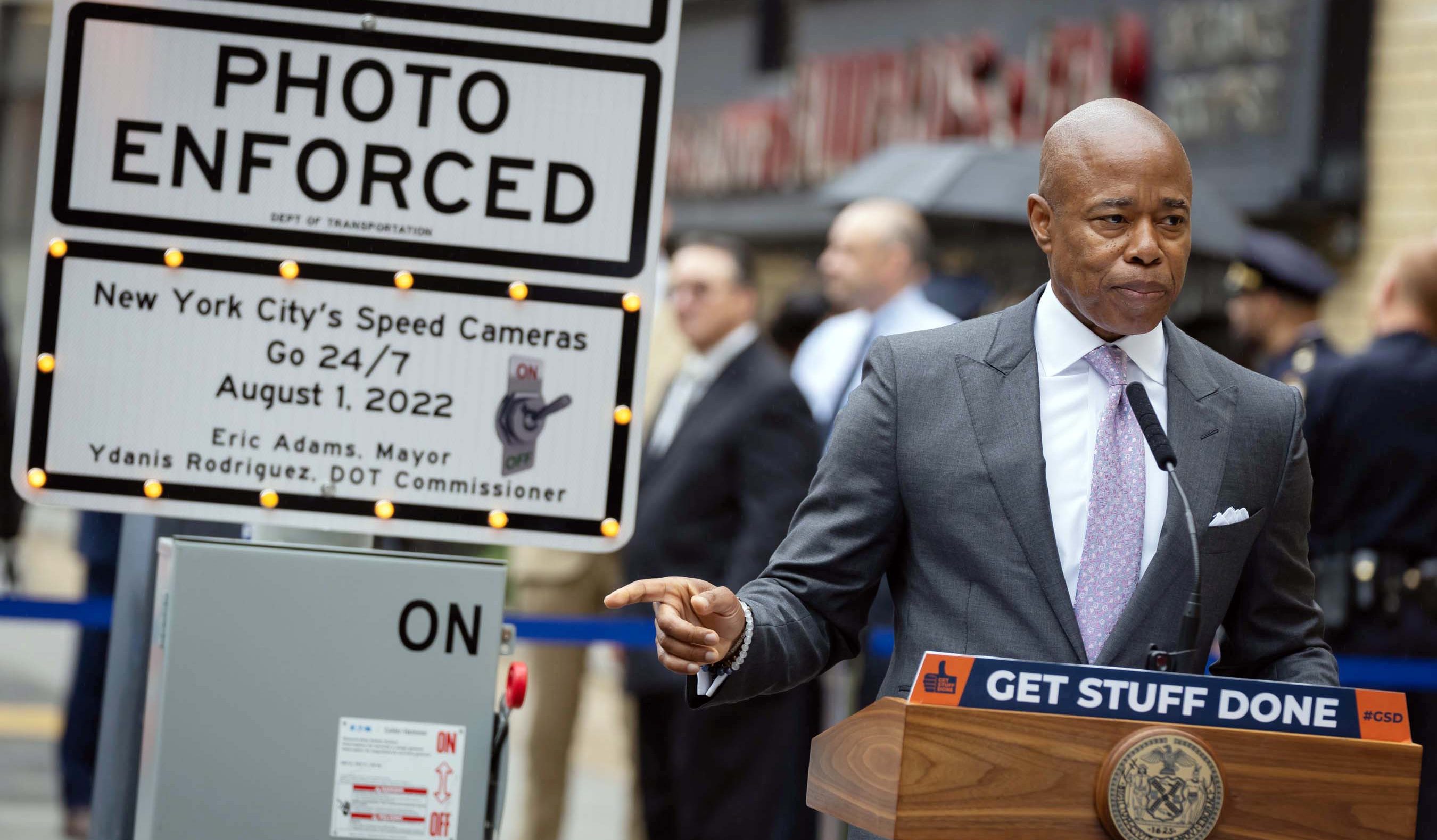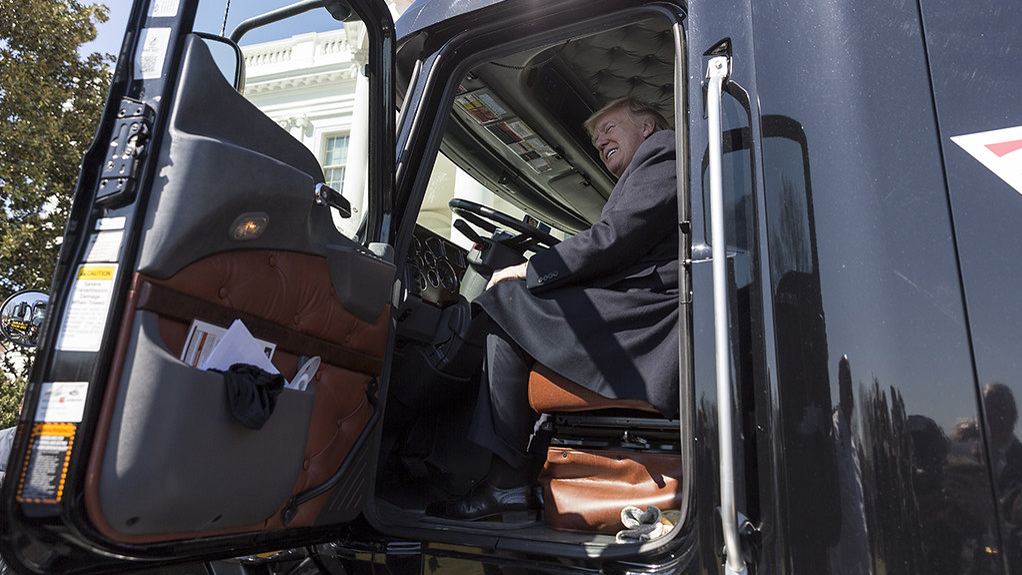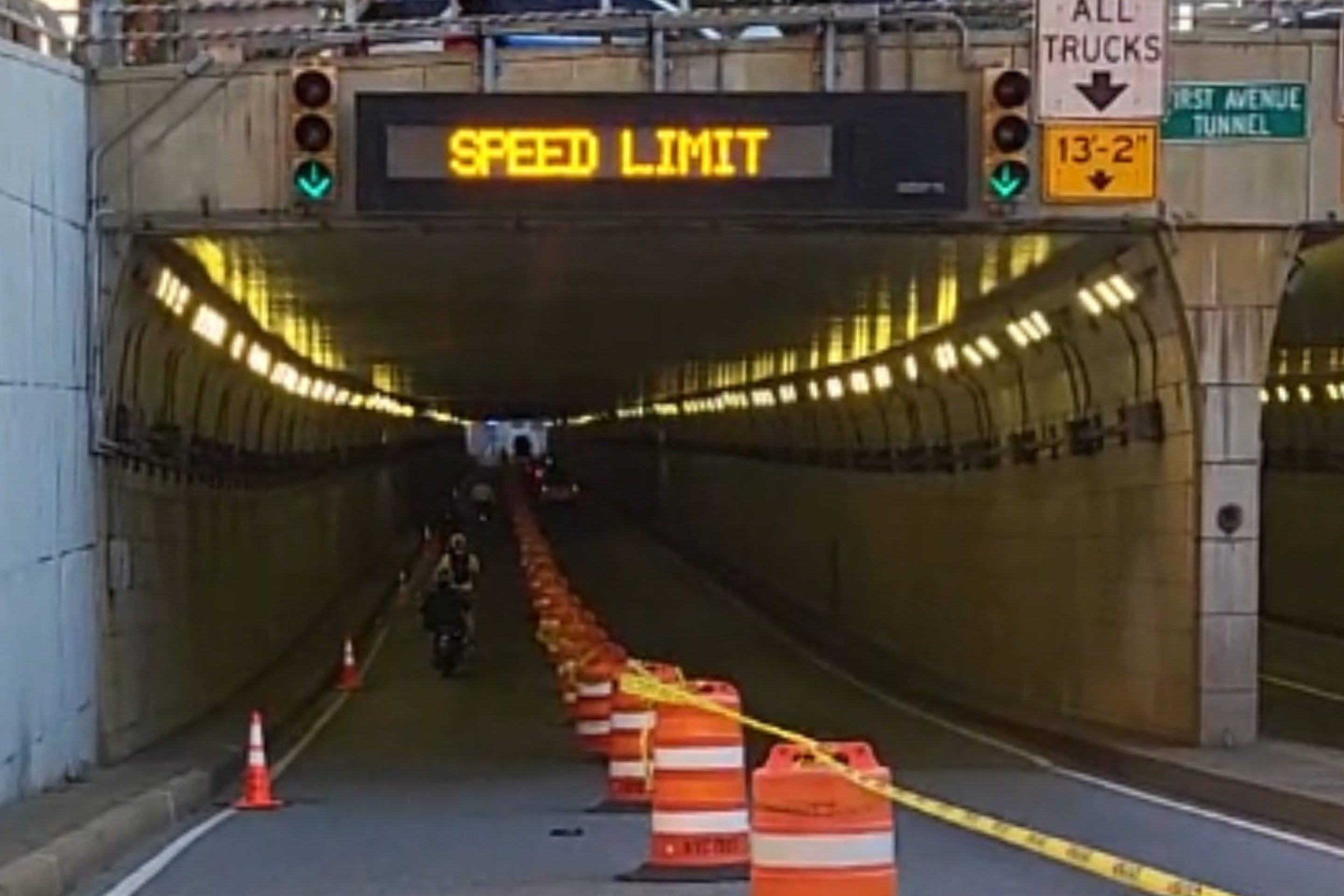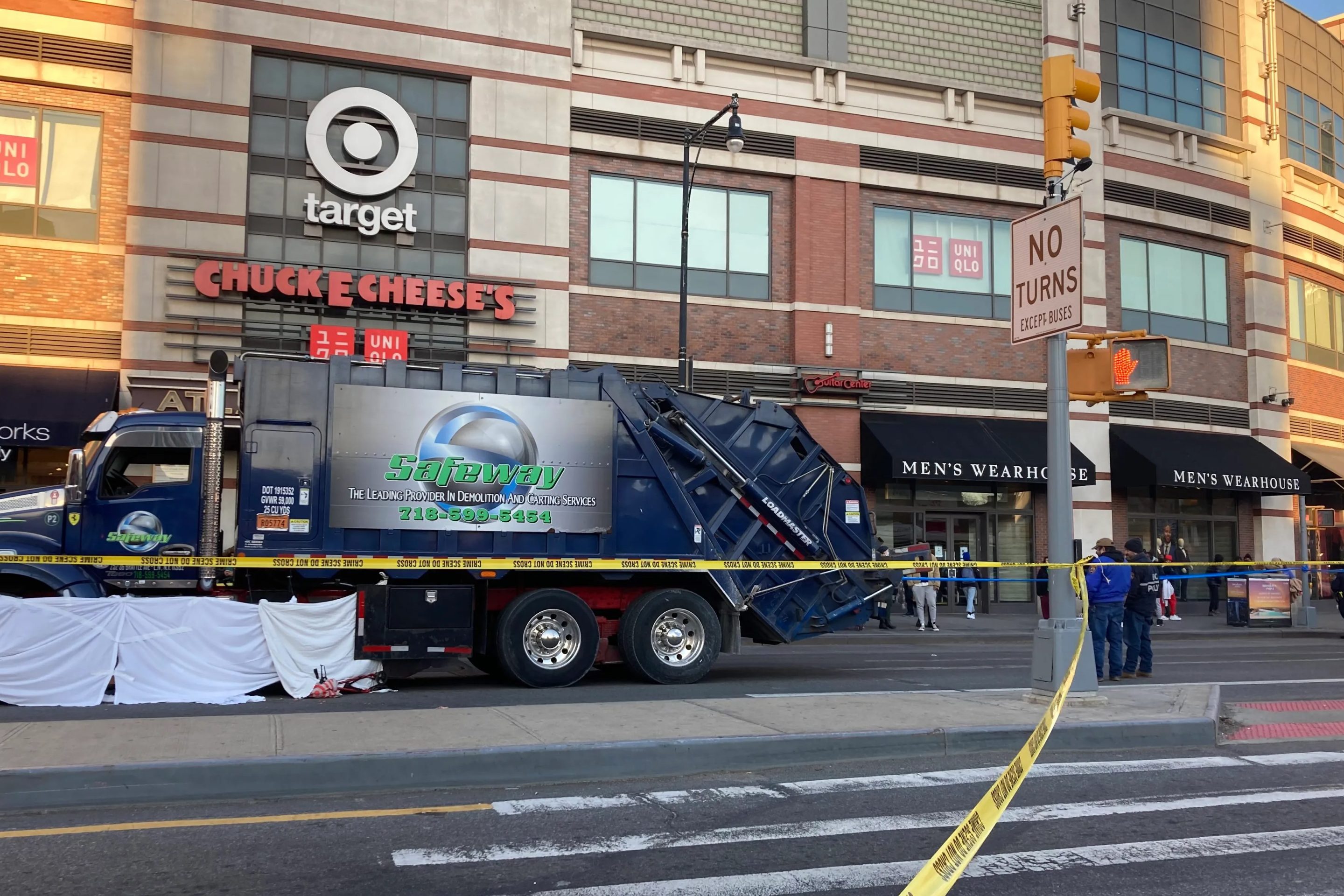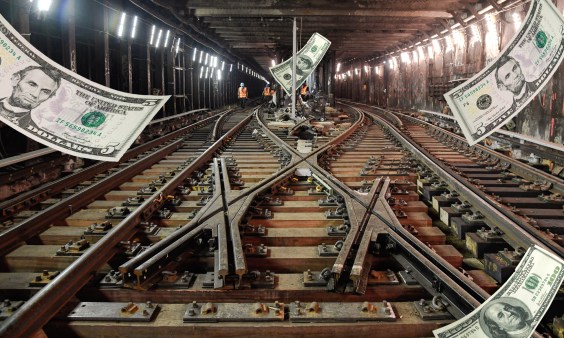Road pricing isn't going to happen unless drivers want it to, writes Bruce Schaller, one of the architects of New York's congestion pricing push. That's the central conclusion of a new paper Schaller penned for the journal Transport Policy [PDF].
Schaller argues that the high-profile debate over congestion pricing in 2007 and 2008 helped forge a consensus in support of sustainable transportation, even if no such consensus exists around road pricing. He also writes that New York's experience showed that it's easier to sell congestion pricing when it is "embedded in goals related to climate change and the city's growth" as compared to narrower transportation-related goals.
Overall, however, Schaller concludes that New York's failure to pass congestion pricing is indicative of the overwhelming political obstacles to pricing roads in the face of driver opposition. "Congestion pricing can be thwarted by a relatively small group of people," he writes, "particularly when it requires approval from several legislative bodies."
The five percent of New York City workers who would have paid the congestion fee were able to block its implementation despite the support of four of the five relevant government bodies: the City Council, the mayor, the State Senate, and the governor. The measure ultimately met its demise in the State Assembly. In comparison, the mayor of London was able to implement congestion pricing without any legislative approval at all.
Schaller links the outcome of New York City's congestion pricing saga to the prevalence of veto points and preference for the status quo endemic to the American political system:
The out-sized power of negatively affected groups to block a proposal is not new to road pricing. Because neighborhood residents have been able to stop large-scale highway, transit and airport projects, major transportation projects since the 1970s have been subject to a 'do no harm' constraint. Proponents of such projects have had to plan them to 'be sited, designed and mitigated so as to leave no victims in their wake.' (Altshuler and Luberoff, 2003, p. 228) Drivers in New York City who would have had to pay as much as $2,000 annually in congestion fees showed a similar power to prevent adoption.
Schaller goes on to note that most successful attempts to price roads in America leave drivers the option of taking a free ride. Whether by pricing only a few HOT lanes or building new toll roads entirely, American road pricing exists where it doesn't draw drivers' fury. "Schemes that require all drivers to pay," he writes, "will need to convince drivers that they will benefit from the scheme... But the case for driver benefits is not an easy one to make." Road pricing does make the drivers who pay it worse off, argues Schaller, at least until the revenues are spent.
In the end, Schaller sees some sort of broad-based VMT tax replacing the gas tax. Once drivers are already paying per mile, he writes, adding a congestion surcharge might be more politically feasible. That day might not come for several years, so one implicit conclusion of the report is that road pricing won't likely be enacted as a consequence of New York's immediate transit funding crisis.
Schaller is currently NYCDOT's Deputy Commissioner for Planning and Sustainability, but the opinions in the paper are his own. Read tea leaves at your own risk.

